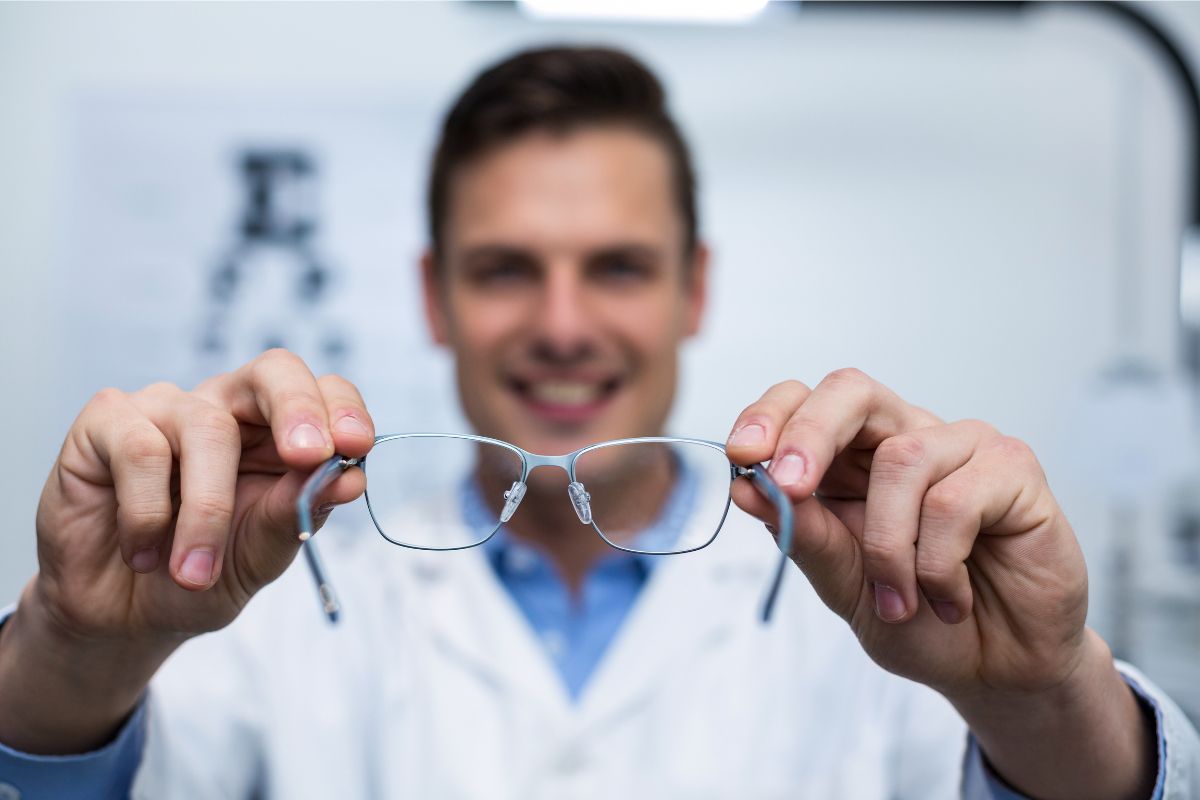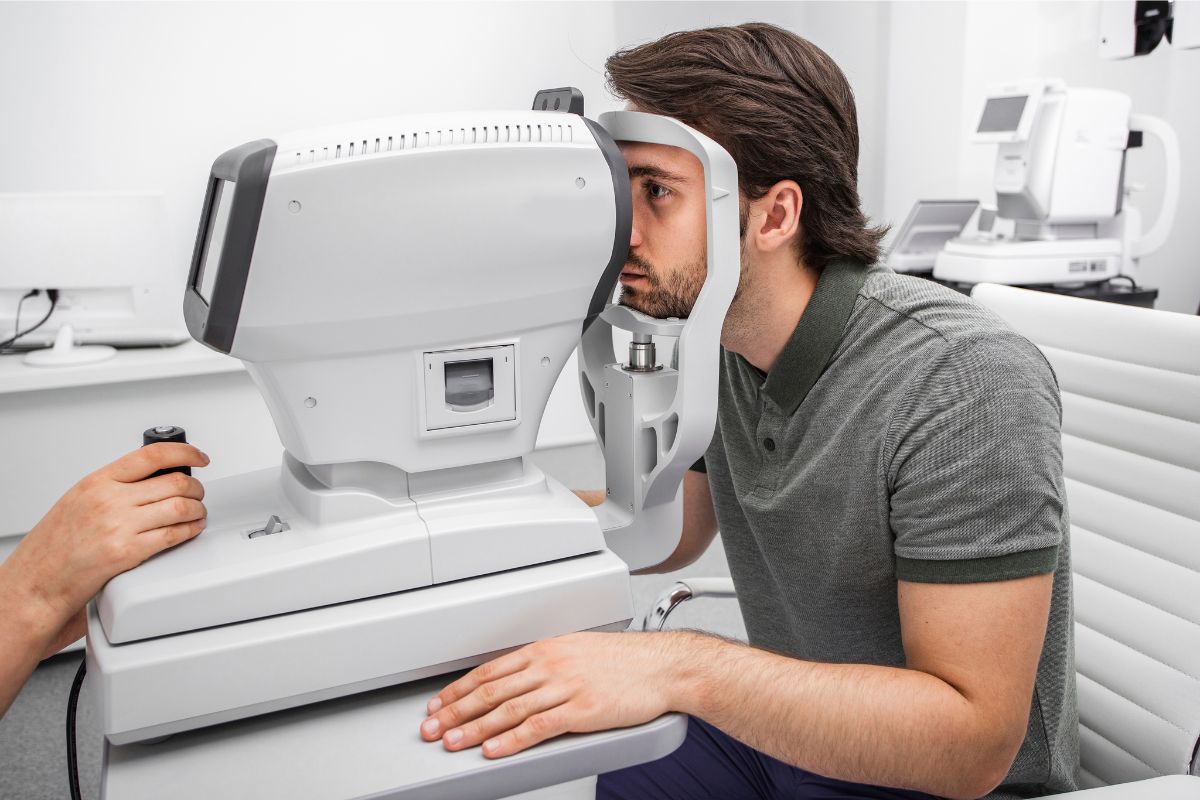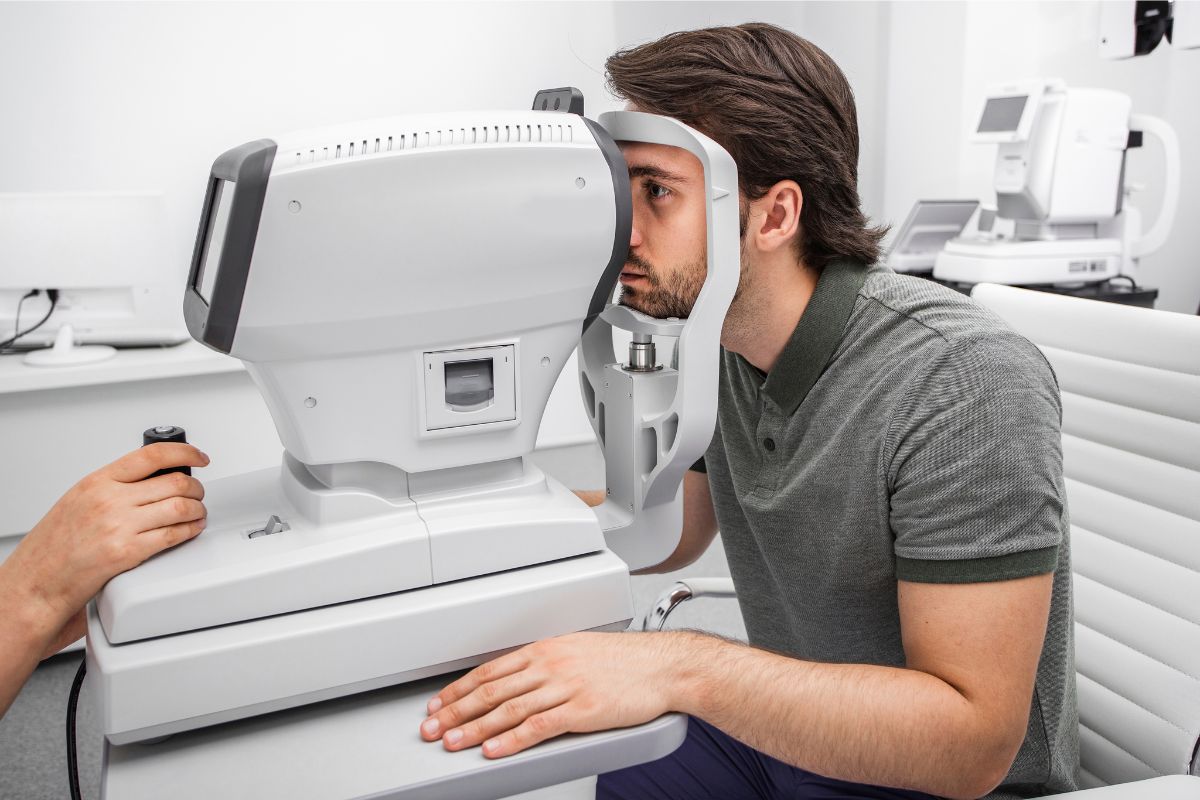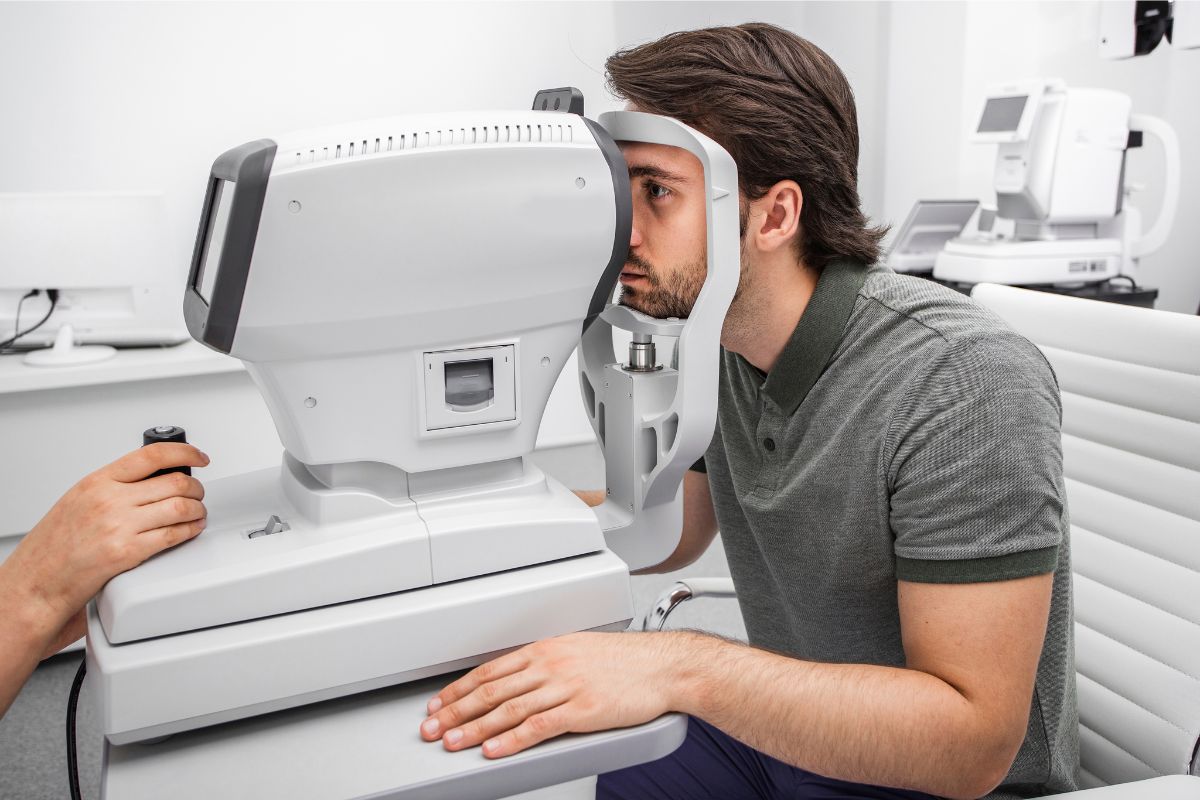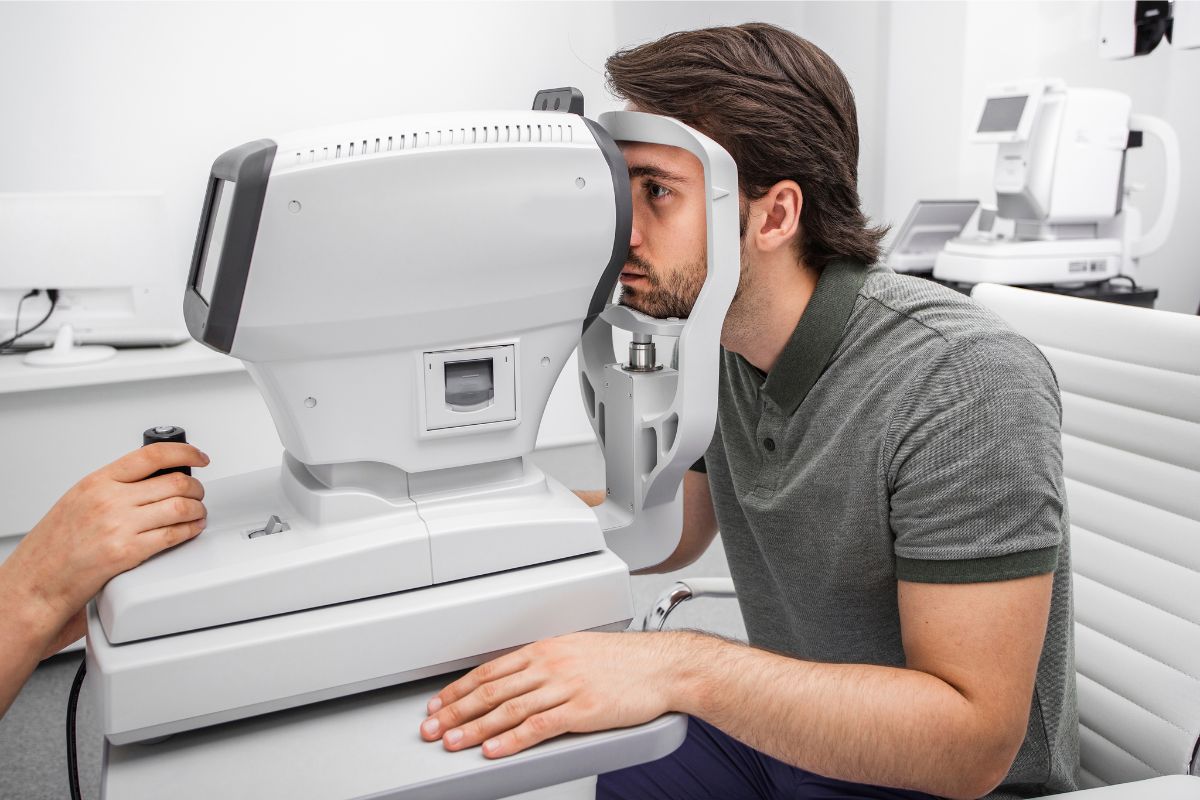
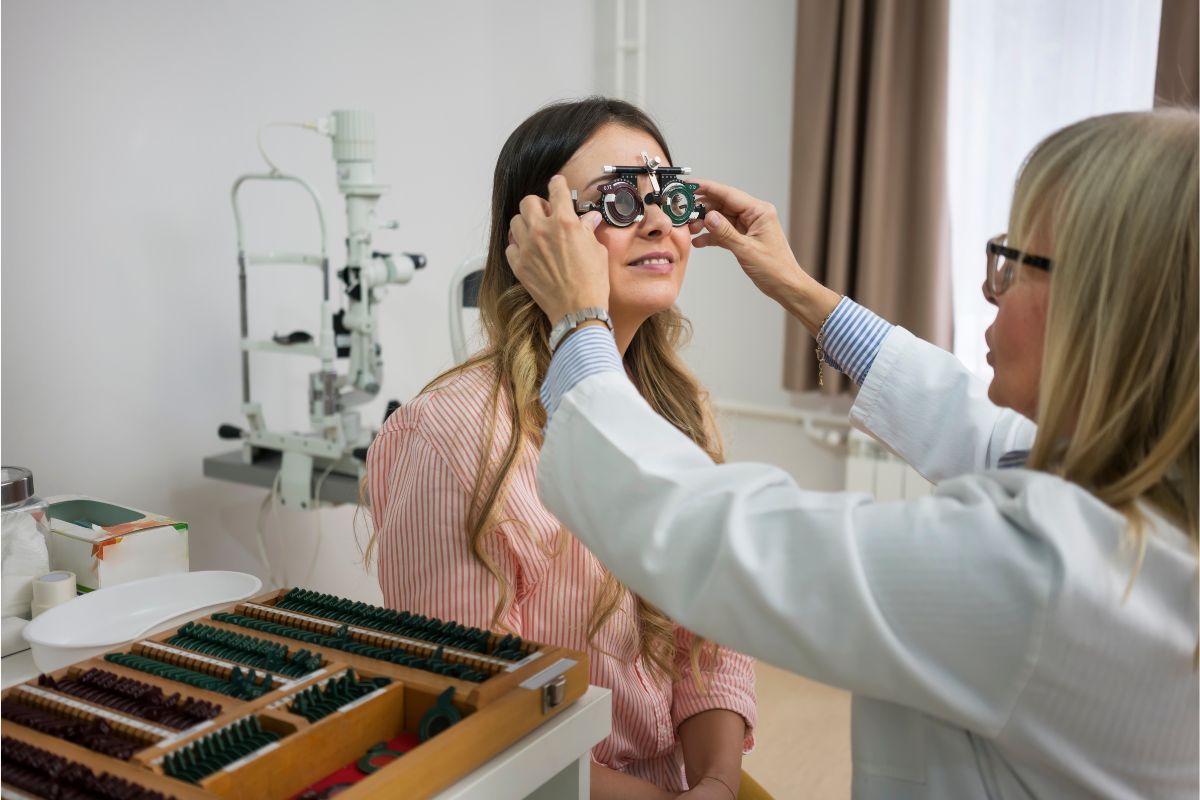
In today’s data-driven world, eye health has become more than just a routine checkup—it’s a reflection of how scientific research and clinical innovation intersect. For anyone seeking an experienced best optometrist in Hartland, WI, few practices embody that balance better than Theia Vision Care. This clinic stands at the forefront of modern optometry, integrating evidence-based medicine, advanced diagnostic technology, and personalized patient care to deliver exceptional results.
Optometry has evolved far beyond prescribing glasses and contact lenses. Today, it’s a field deeply rooted in research, neuroscience, and preventive health. Vision care specialists like those at Theia Vision Care are not only helping patients see better—they’re also helping uncover how the eyes serve as critical indicators of overall wellness. Through this lens, vision science is becoming one of the most innovative frontiers in healthcare.
The human eye is a complex system that connects directly to the brain, serving as both a sensory organ and a diagnostic tool. Modern research shows that many systemic diseases—such as diabetes, hypertension, and autoimmune disorders—manifest early signs in the eyes. This makes routine eye exams an essential preventive tool for long-term health management.
At Theia Vision Care, clinicians employ advanced imaging technologies like Optical Coherence Tomography (OCT), corneal topography, and retinal photography to examine the eye in extraordinary detail. These tools enable early detection of conditions such as glaucoma, macular degeneration, and diabetic retinopathy—long before symptoms appear. Such research-based approaches have transformed how optometrists deliver care, shifting from reactive treatment to proactive prevention.
Scientific research is the backbone of progress in eye care. From the development of new contact lens materials to the discovery of genetic markers for inherited eye diseases, the optometric field continues to push boundaries. Clinics like Theia Vision Care incorporate these findings into everyday practice, ensuring patients benefit from the most current and effective care protocols.
Recent studies have highlighted the importance of lifestyle and environmental factors in vision health. For instance, prolonged screen time has led to an epidemic of digital eye strain, while increased UV exposure contributes to cataract development. Evidence-based optometrists use such data to craft personalized recommendations—covering everything from blue-light filtering lenses to nutrition plans that support ocular wellness.
As medical technology advances, the role of data in optometry becomes more critical. Artificial intelligence (AI) and machine learning algorithms are now capable of analyzing thousands of retinal images to identify subtle signs of disease with remarkable accuracy. This has revolutionized diagnostic capabilities, allowing optometrists to catch potential issues earlier and track disease progression more precisely.
Theia Vision Care has embraced this technological transformation, utilizing digital systems that enhance both clinical insight and patient experience. These data-driven approaches empower doctors to deliver precision care while maintaining a personal connection—a hallmark of modern, patient-centered optometry.
One of the most fascinating aspects of optometric research is how the eye serves as a “window” to the rest of the body. The retina, for example, provides direct insight into blood vessel and nerve health. As such, eye exams often reveal early signs of conditions like high cholesterol, vascular disease, and even neurological disorders such as multiple sclerosis.
Optometrists at Theia Vision Care use this knowledge to coordinate care with other healthcare providers, ensuring patients receive comprehensive attention that extends beyond their vision needs. This integration of optometry and general medicine is part of a growing movement in healthcare—one that treats the patient as a whole, rather than focusing solely on symptoms.
Our increasingly digital lives have transformed the challenges faced by eye care professionals. The average American spends over seven hours a day looking at screens, leading to rising rates of Computer Vision Syndrome (CVS), characterized by dryness, headaches, and blurred vision. Research from the American Optometric Association indicates that nearly 60% of adults experience some form of digital eye strain.
At Theia Vision Care, optometrists use clinical insights from this growing body of research to design custom solutions—ranging from specialized lens coatings to ergonomic vision therapy techniques. These evidence-based strategies not only relieve symptoms but also help prevent long-term vision degradation caused by chronic digital exposure.
Scientific research has also reshaped pediatric vision care. Studies now link early eye development to cognitive performance, coordination, and academic success. Early intervention can prevent conditions like amblyopia (“lazy eye”) and myopia progression, which are increasingly prevalent in children worldwide.
At Theia Vision Care, pediatric eye exams are guided by research-backed screening protocols. These comprehensive evaluations ensure that developmental concerns are caught early and managed effectively. By applying evidence-based treatments such as orthokeratology (Ortho-K) and myopia control lenses, the clinic supports long-term visual and neurological development in young patients.
Optometry is an ever-evolving field that thrives on collaboration. The best optometrists continuously engage with research institutions, clinical trials, and professional organizations to stay informed of emerging discoveries. Theia Vision Care’s commitment to lifelong learning ensures that its staff remains at the cutting edge of new techniques, technologies, and scientific findings.
This dedication also extends to patient education. By translating complex scientific insights into practical advice, the team helps patients make informed decisions about their eye health. Whether explaining the impact of nutrition on retinal health or the role of genetics in vision disorders, Theia Vision Care makes science accessible and relevant to every patient.
Vision care doesn’t just impact individual health—it influences productivity, safety, and quality of life. According to data from the National Eye Institute, vision problems cost the U.S. economy billions annually in lost productivity and medical expenses. Preventive optometric care can mitigate much of this burden by catching diseases early and promoting consistent eye health maintenance.
Clinics like Theia Vision Care play a vital role in advancing this mission. Their integration of evidence-based diagnostics, cutting-edge technology, and compassionate care ensures that the Hartland community benefits from both local expertise and global research advancements.
Emerging research areas continue to expand the scope of optometry. Topics like genetic eye disease mapping, nanotechnology in lens design, and retinal imaging for neurological assessment are opening new possibilities. Moreover, personalized medicine—guided by genomic and biometric data—promises to transform how optometrists tailor care for individual patients.
Theia Vision Care remains at the forefront of this movement. By integrating ongoing research into daily practice, their team exemplifies how clinical science can directly benefit patients. Every examination, treatment, and consultation reflects a synthesis of data, experience, and evidence-based precision.
The future of optometry lies in the seamless fusion of science and service. For those searching for an best optometrist in Hartland, WI, Theia Vision Care stands as a model for what modern eye care should be—an evidence-driven, patient-focused practice that uses research to enhance outcomes and elevate standards across the profession.
By treating each appointment as both a clinical and educational experience, Theia Vision Care empowers patients to take control of their vision health. Their commitment to innovation ensures that every diagnosis is informed by the latest science, every solution is personalized, and every patient leaves seeing the world a little more clearly—both literally and figuratively.
To explore more about advancements in vision science, visit the American Optometric Association and the Optometric Management Journal, where research and real-world practice converge to shape the next generation of eye care.

